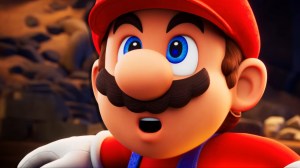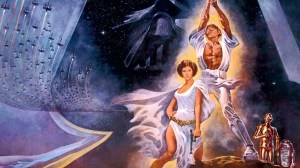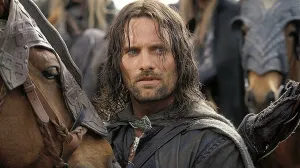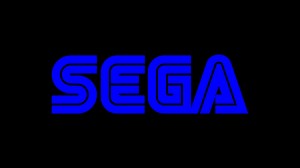The Cloverfield franchise has always implemented unique marketing strategies to build excitement for each chapter, with The Cloverfield Paradox being no exception. As fans eagerly awaited news of an official release date or trailer, the film aired a commercial during this year’s Super Bowl to announce the film would debut on Netflix immediately following the game. This release strategy was the first of its kind, fitting the franchise’s mold, but an executive at Paramount Pictures recently shared it was a release based on pessimistic projections about the film’s profitability.
Videos by ComicBook.com
“The movie was finished, we all reviewed it together with J.J. [Abrams] and his team,” Paramount executive Andrew Gumpert shared with Variety. “We all decided there were things about it that made us have a pause about its commercial playability in the traditional matter.”
The first two Cloverfield films were made for relatively cheap and relied on their clever narratives and word of mouth to build buzz, but as the production cost of Cloverfield Paradox was reportedly much higher than the previous films, the profit margin was much riskier. Instead, Paramount sold the film to Netflix for a reported $40-50 million sum.
“There was an ability for us to be fiscally prudent and monetize,” Gumpert pointed out. “For fans of Cloverfield, the fact is many, many more millions of people saw the movie. It’s a positive on every level.”
Compared to Cloverfield‘s 77% positive rating on review aggregator site Rotten Tomatoes and 10 Cloverfield Lane‘s 90%, Paradox scored an incredibly disappointing 16%. The final product might not have appeased fans, though even the most disappointed fans can’t argue about the exciting surprise release on Netflix.
Another way in which Paradox maintained a tradition is, like 10 Cloverfield Lane before it, the script was written as a standalone film before Bad Robot Productions tweaked the concept to tie into the franchise.
“Originally, it was written by Oren Uziel, who wrote a draft that was its own thing, and was around for a while,” J.J. Abrams pointed out during a Facebook Live Q&A earlier this year. “We started to think, ‘What are ways that this might fit into the world?’ But when we started shooting the movie, it was still something we were thinking about. Because the idea for the Cloverfield series was not so much that it be this narrative throughline, but more that they be these really fun sort of thrill rides. Like, if you imagine an amusement park, that’s a Cloverfield amusement park, and every ride has a different purpose, but they all connect in some way or another.”
The only connection between the first two films were their names and that they both featured sci-fi themes. Paradox also utilized the “Cloverfield” brand in its title while also establishing that a device used in the film opened up doorways to other dimensions, possibly explaining how that film impacted not only the previous two films but future installments.
“While we were shooting, we were making adjustments,” Abrams noted. “This was a movie that went through many different iterations as it went along.”
A fourth Cloverfield film, currently referred to as “Overlord,” is slated for release on October 26.
Did Cloverfield Paradox sour you on the franchise or are you still looking forward to future installments? Let us know in the comments below!
[H/T Variety]








